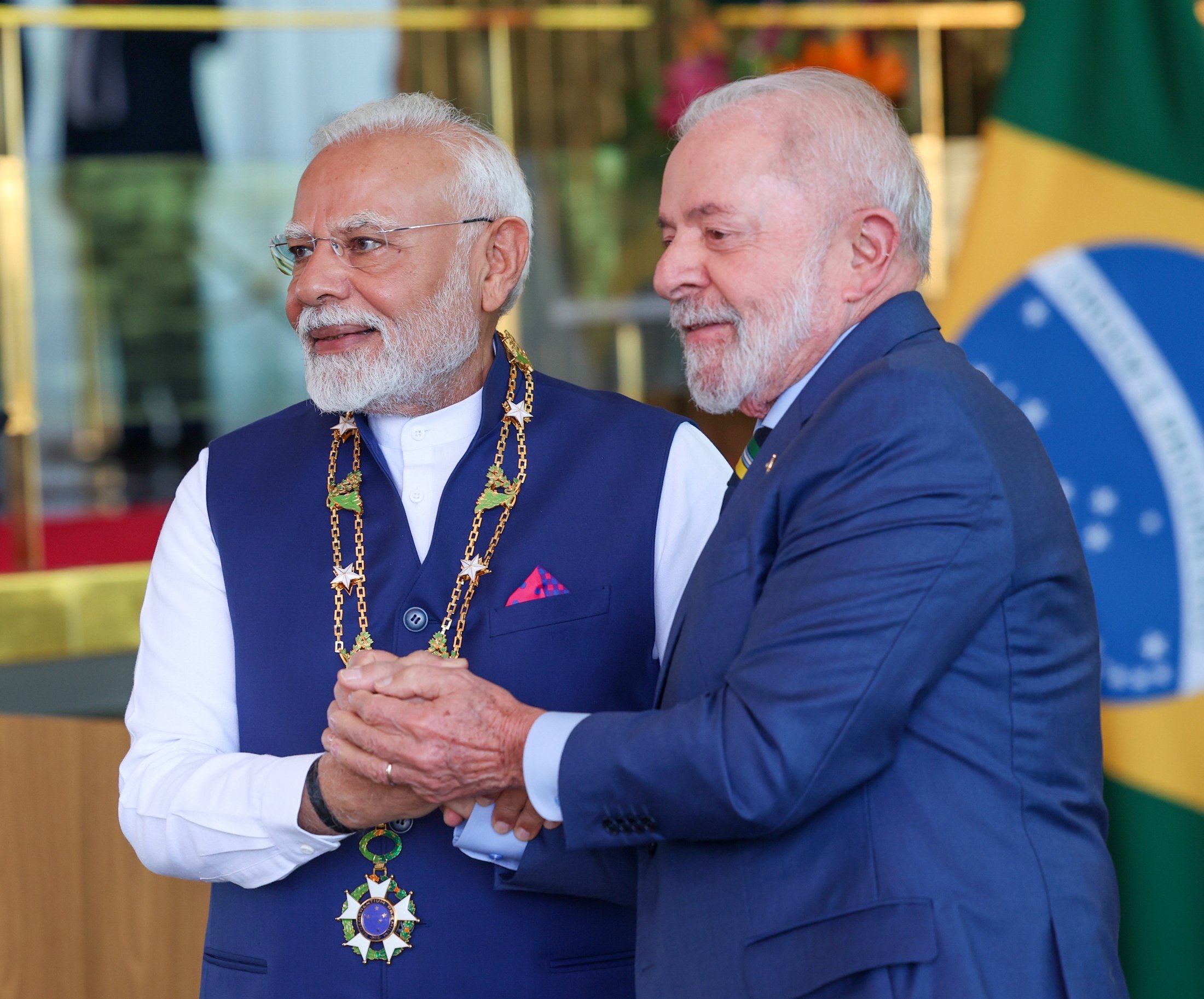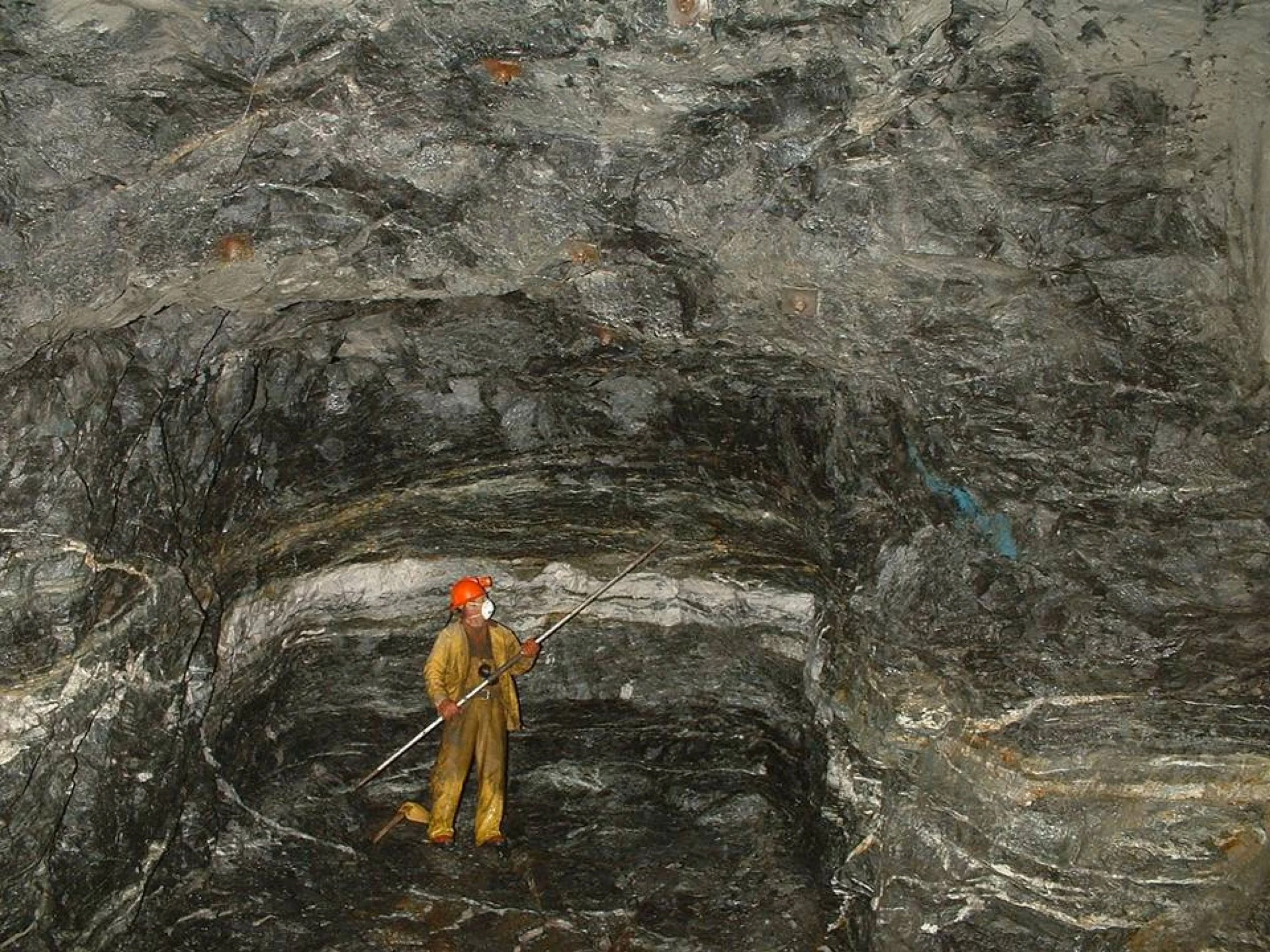By Holly Stevens and Siddharth Sharma
As demand for electric vehicles, battery storage, clean energy systems, and advanced technologies continues to accelerate, Australia’s resource base and mining history, Canada’s resource base as well as its mining and industrial capabilities, and India’s market scale and commitment to value-added manufacturing could support diversification across multiple stages of the value chain.














